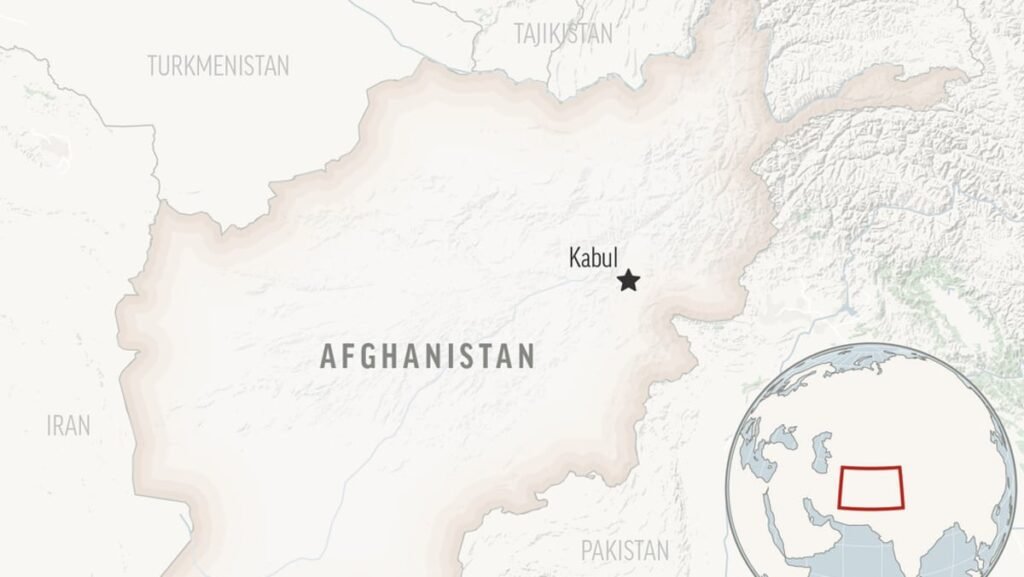A suicide bombing in Kabul on September 2nd, resulted in at least six deaths and 13 injuries. The attack occurred in the Qala Bakhtiar neighbourhood, with the victims being predominantly civilians who were rushed to a nearby hospital for treatment. The police are currently conducting an investigation to determine the perpetrators behind the bombing, as no group has claimed responsibility yet. The Islamic State group, a rival of the Taliban, has previously carried out attacks in Afghanistan targeting schools, hospitals, mosques, and Shiite areas.
The Taliban regained control of Afghanistan in August 2021 following the withdrawal of US and NATO forces after two decades of presence in the country. Despite initial assurances of a more moderate approach, the Taliban has gradually reintroduced a strict interpretation of Islamic law, reminiscent of their previous rule from 1996 to 2001. The return of Taliban rule has sparked concerns about human rights, particularly regarding the treatment of women and minorities.
The increase in violence in Afghanistan after the Taliban takeover has raised alarms among the international community about the security situation in the country. The bombing in Kabul is another tragic incident that highlights the ongoing instability that has plagued Afghanistan for decades. The Afghan government, now under Taliban control, faces the challenge of maintaining security and stability while also addressing the needs and demands of its diverse population.
The Taliban’s takeover of Afghanistan has been a major development in the region, with implications for neighboring countries and the wider international community. The rise of extremist groups like the Islamic State poses a threat not only to Afghanistan but also to regional stability and global security. The international community, including the United Nations and other organizations, has expressed concerns about the situation in Afghanistan and called for a peaceful resolution to the conflict.
The violence in Afghanistan underscores the complex and volatile nature of the security situation in the country, with various groups vying for power and influence. The Afghan people continue to bear the brunt of the conflict, with civilians often becoming unintended victims of attacks and bombings. The challenges facing Afghanistan are immense, with the need for political stability, economic development, and social cohesion being paramount for the country’s future.
The bombing in Kabul serves as a stark reminder of the ongoing challenges facing Afghanistan and the need for a concerted effort to address the root causes of conflict and instability in the country. The international community must continue to support the Afghan people in their quest for peace, security, and development. The path to lasting peace in Afghanistan will require dialogue, cooperation, and reconciliation among the different factions and groups in the country, as well as a commitment to upholding human rights and ensuring the safety and well-being of all Afghan citizens.

